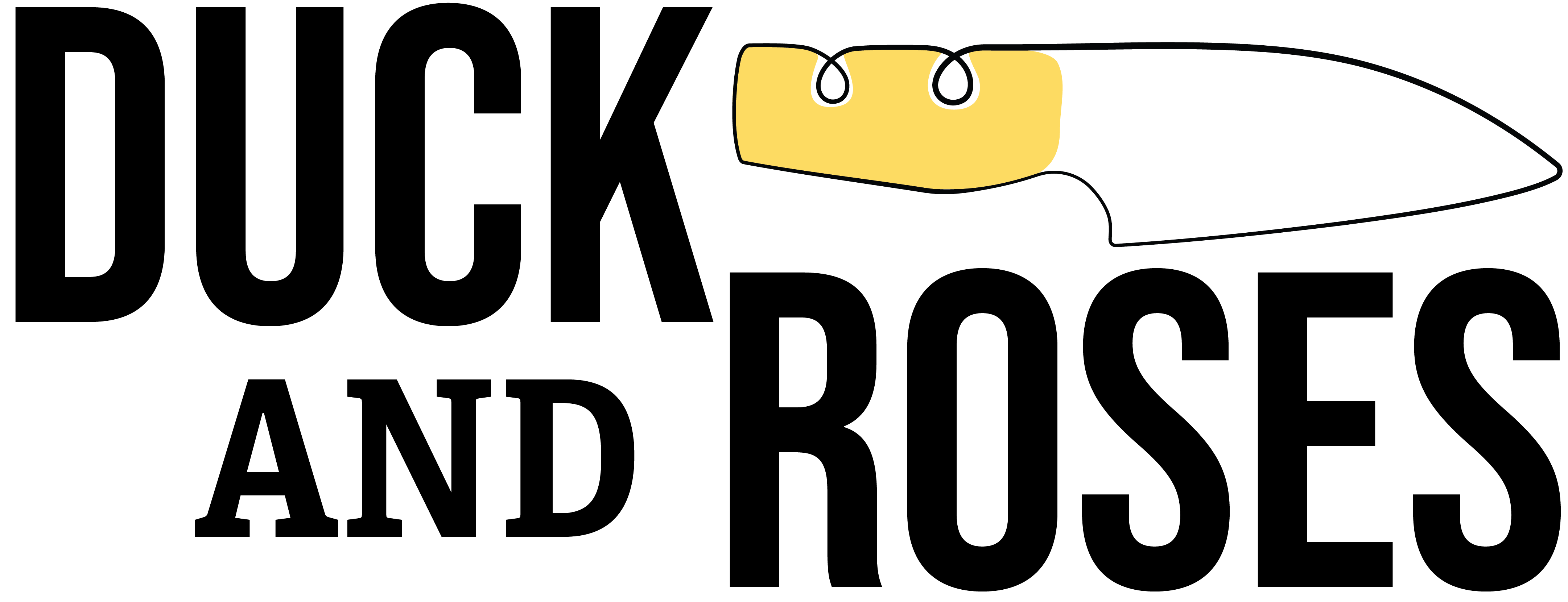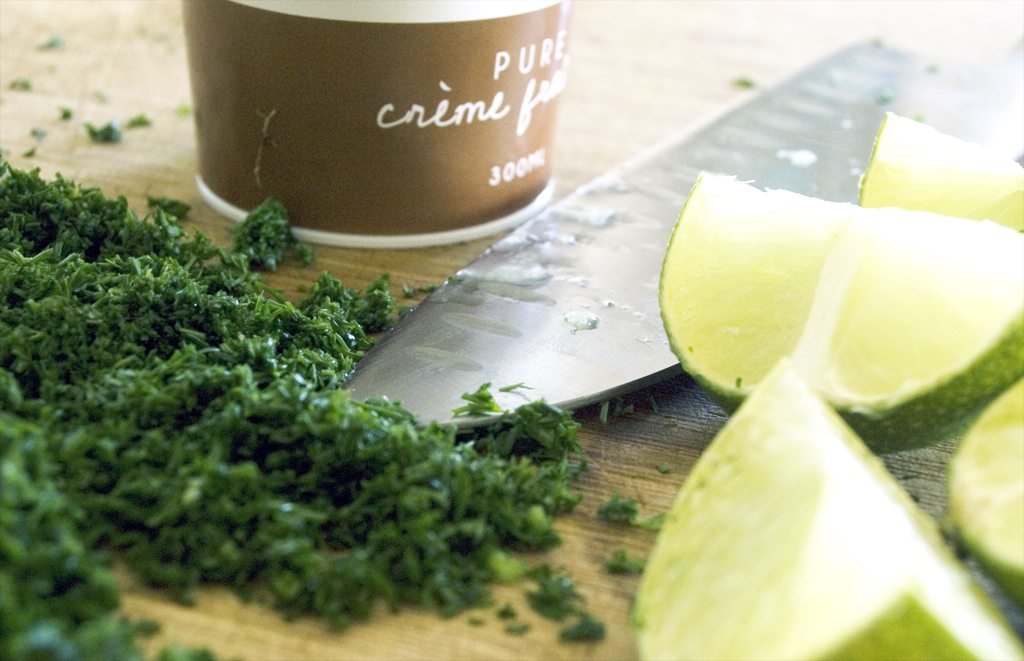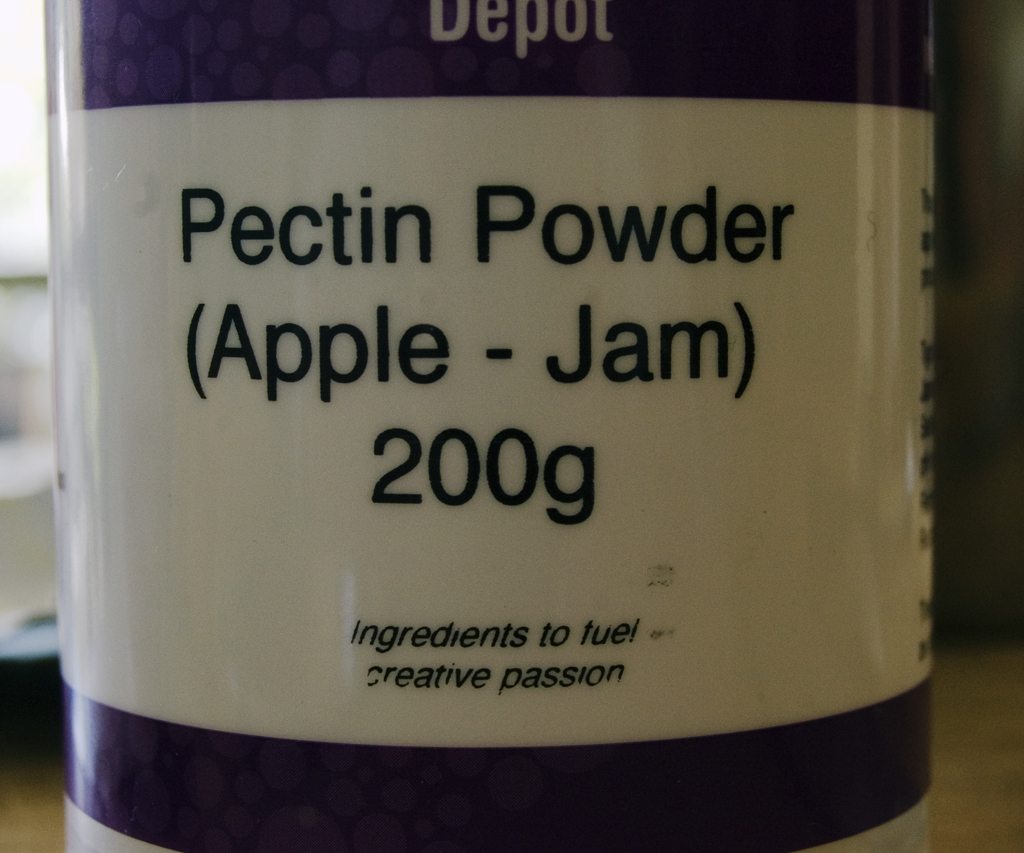I have always prided myself on the ability, desire and, more to the point, the patience to cook from scratch; to take raw ingredients and turn them in to something delightfully edible. I also have a real inclination to avoid processed foods where I can, or so I thought. If you think about it a little deeper than perception sometimes allows, as I did one sunny day (maybe that was the light of eureka being turned on), then you start to ask the questions what is cooking from scratch and what are processed foods? (Maybe amongst the million or so other things to think about these questions may not be top of your list, but hey after reading this blog you may have a momentary lapse of reasoning and these questions will surface to the top of the pile).
I have a great book called ‘the kitchen as a laboratory’, a real geek cook’s/ chef’s paradise containing a number of essays that reflect on the science of food and cooking. One of the essays approaches, and sets to discuss, the fallacy of cooking from scratch; and it was this essay that got me thinking about the whole idea of what cooking from scratch means and what processed food is – yes, on that sunny day.
Regarding cooking from scratch, I am going to take as an example a recipe that I have already posted on this blog – the SMashing Lemon Drizzle Cake. The ingredients in this cake are unsalted butter, caster sugar, eggs, almond meal, baking powder, mashed potato, lemon zest, lemon juice. It becomes apparent that when looking at these ingredients the eggs, mashed potato, lemon zest and lemon juice could be considered as ‘scratch’ ingredients – ones that have been transformed from their rawest state in my kitchen. However, the butter, sugar, almond meal and baking powder have been through complex transformations from their rawest state before arriving in my kitchen. It is fair to say that I could have bought raw almonds, blanched them and then made the almond meal myself, but I certainly don’t have the time or facility to attempt to refine my own sugar, culture my own French butter or synthesise the chemicals that comprise baking powder. It’s fair to say then that my lemon drizzle cake, the one I would have previously claimed as being cooked from scratch, does indeed contain processed foods. In fact nearly everything we prepare will contain an element of processed food; for olive oil olives have been pressed, the resulting oil filtered, deodorised to eliminate any bad odours and packaged; sea salt has been processed through the evaporation of water; milk, unless you have Daisy on hand in your back garden, is pasteurised to remove bacteria, homogenised to prevent it splitting and is available as full-fat, semi-skimmed, high taste low fat, low taste high fat, double milk, triple milk, milk with this, milk with that – I think you get my point; and also water, probably the most common ingredient of all has certainly been processed to make it safe for human consumption.
So what’s the point of this post? Well it’s just to think about processed food and the role that it plays in cooking. From the top of my head I can think of a number of instances, or categories for arguments sake, of processed foods that we encounter on a regular basis (this is not an exhaustive list, just one that magically appeared in the abundant space that whirlwinds around in my head):
- The essential ingredients that we use as the basis for our ‘from scratch’ cooking e.g. flour, butter, sugar, oil, cheese (we’re talking the real stuff here, not the processed ‘processed’ cheese by the way).
- Fresh produce that has been preserved e.g. frozen vegetables, freeze dried fruit, dried figs, mango and apricots, salted nuts.
- The delicatessen based processed foods e.g. prosciutto, dolmades, cured salmon, bacon, Kalamata olives.
- The foods that have added ingredients to help those that have an essential nutritional deficiency e.g. milk with added calcium helps those people with calcium deficiency, white flour enriched with minerals and vitamins has helped stave off many disease in certain countries.
- The foods that we have accepted as ‘OK’ and are part of the establishment as it were e.g. Ketchup, baked beans, hot pepper sauce.
- The foods that are just plainly bad for you e.g. many ready-made frozen meals, mass produced pasta sauces, cheap ‘plastic’ bread, supermarket jars of preserves and spreads, carbonated sugar water and fast food, to name a few.
Processed foods can traverse the plane from essential and wonderful to downright ugly and harmful, and for many of us it can be a minefield as companies promote, for example, ‘healthy’ foods which at face value are nothing more than mere marketing tricks. A good example is the promotion of a high sugar content drink containing essential vitamins. The perception of the ‘health’ positives of such a drink can be marketed to effectuate a purchase. But the overall detrimental effect to health due to the high calorific value of the drink would far outweigh any positives.
Cooking can be, and certainly is for me, a pleasurable, rewarding and nutritionally sound way of ensuring that the food I eat is wholesome (ish…nothing like a sticky golden syrup steamed pudding and cream), is packed with flavour, and the non-essential chemicals and nutrients in my diet are limited. It is bordering on impossible, however, to cook something from scratch, and unless cooking from scratch is redefined it is a fallacy. A life without processed foods today is not possible, and our use of processed foods and the types we use are determined by our propensity to cook.
My personal take on it is that I love to prepare as close to scratch as possible. For example I will make mayonnaise rather than buy a jar of mayonnaise from a supermarket. Now, my mayonnaise contains Dijon mustard (processed), rice wine vinegar (processed) and grapeseed oil (processed), but without these ingredients it would not be possible to get the flavour and texture even close to what it should be. The difference is that my mayonnaise does not contain the extra ingredients such as modified corn starch, high fructose corn syrup, sugar, xanthan gum, added colours, lactic acid, sodium benzoate, calcium disodium edta, phosphoric acid, or added flavours (this list is apparently some of the additional ingredients in a certain well-known brand of mayonnaise). However, as a cook (and chef in the making – one hopes ) I appreciate the role that processed food and food science has to play in our everyday lives both for pleasure and for health. It’s just a matter of being selective, I guess.






2 comments
Hi Nick
Good post. I had a bit of an argument about this with a friend the other day. My wife and I are a pretty hard core ‘from scratch’ couple and do make our own almond meal for example. I guess we are so lucky to have the time to do that sort of thing. And belief that it is possible.
I think food and food choices are such a personal thing, and what i think is best, is not for everyone. I does make me feel good to go a ‘from scratch’ as I can though. It is not as hard as you think and a thermomix, and a dehydrator makes it easier for me.
Hey Thefunklub, thanks for you comment (and kind words).
I am completely with you in that if you can cook from ‘scratch’ as much as possible then not only do you have control over what you eat, but the results, in my experience, are far superior.
However, as much as I like to cook using as little processed food as possible, one of the things I was getting at is that there are just some processed foods that I could not (through time, ability, equipment) replicate e.g. refining sugar, milling wheat for flour, cold pressing olive oil as examples. I think on one hand the processed food industry has been incredible for advancing the quality of food available. On the other hand it has also created some incredibly poor foods which are damaging humans, not only in their health but also their ability to enjoy eating good food.